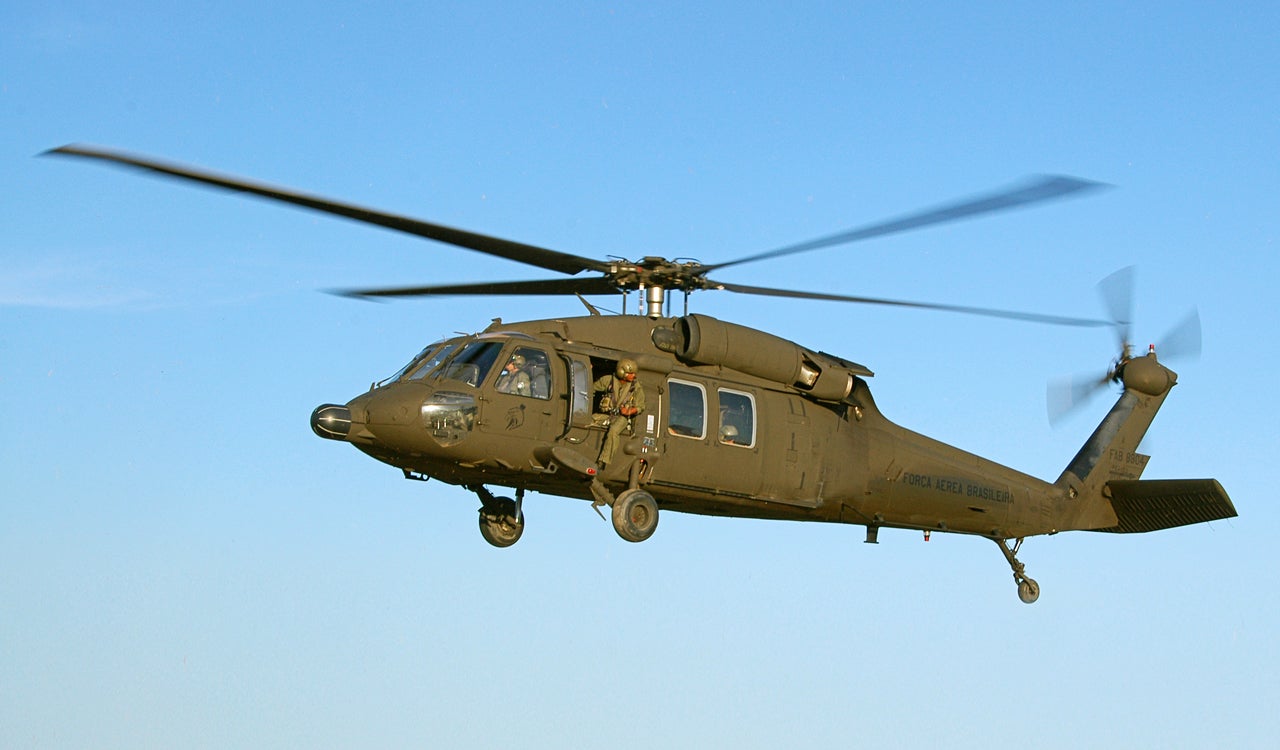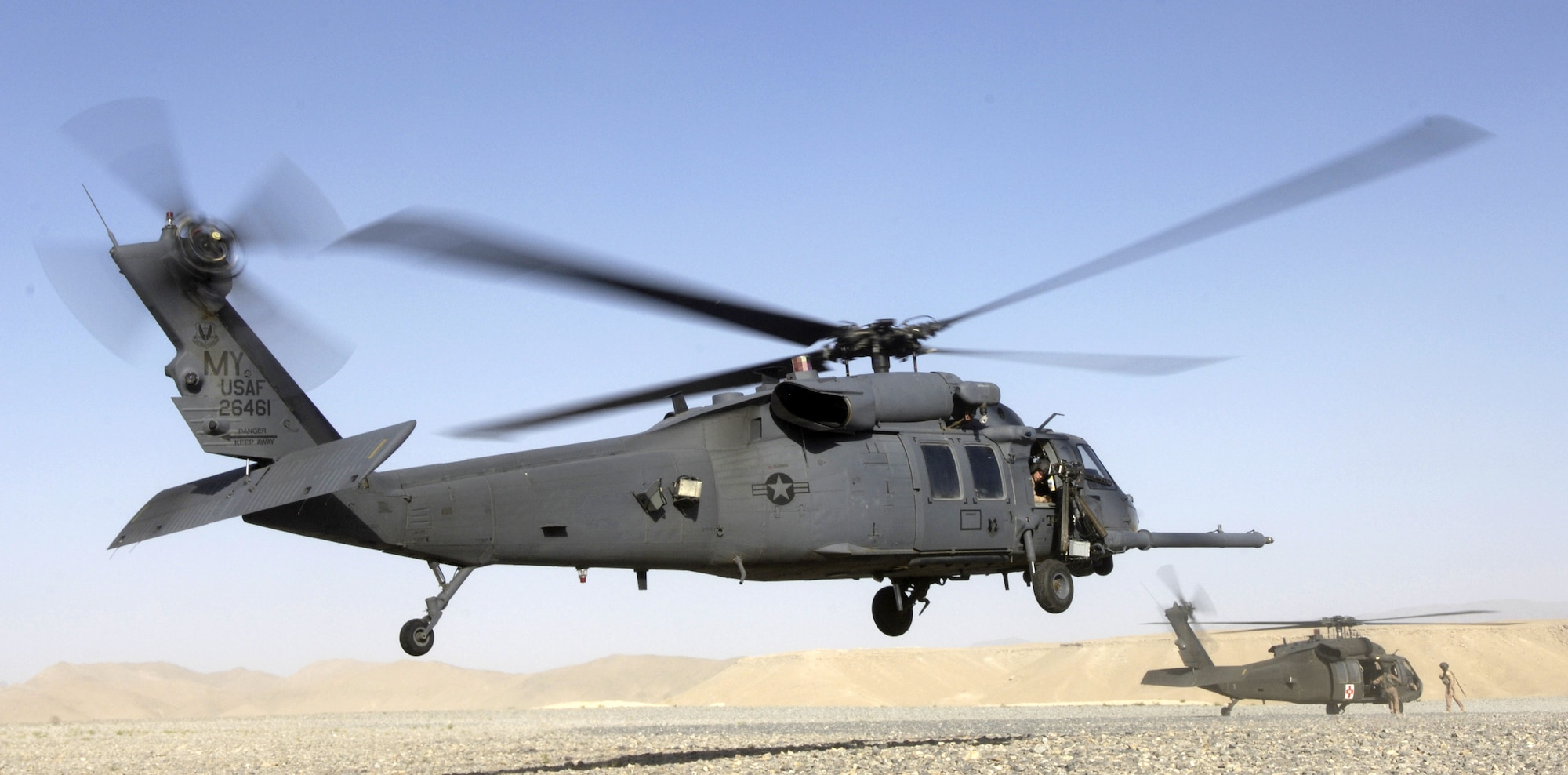UH 60 Helicopter: Advanced Avionics and Combat Equipments
UH 60 Helicopter: Advanced Avionics and Combat Equipments
Blog Article
The Impact of Lasting Practices on the Future of Aircraft Procedures and Emissions Decrease
As the aeronautics market deals with boosting examination over its environmental influence, the adoption of sustainable practices emerges as a vital path toward future airplane procedures and exhausts decrease. Technologies in sustainable aeronautics fuels and innovations in hybrid propulsion technologies stand at the forefront of this change, appealing considerable decreases in greenhouse gas exhausts.

Summary of Lasting Practices
Lasting practices in airplane procedures include an array of techniques targeted at decreasing ecological influence while keeping operational performance. These methods are important in the air travel market's dedication to reducing its carbon footprint and sticking to international environmental requirements. Trick initiatives consist of maximizing flight courses to reduce fuel usage, boosting maintenance procedures to make certain aircraft operate at peak performance, and implementing sophisticated technologies such as winglets and light-weight products that boost aerodynamics.

Educating and involving personnel on sustainability techniques likewise play a crucial duty, promoting a society of environmental obligation within companies. In general, the combination of these sustainable methods not only helps in reducing emissions however likewise boosts the long-lasting practicality of the air travel field, guaranteeing it fulfills the needs of both consumers and governing bodies while adding to international sustainability goals.
Ingenious Gas Alternatives
Countless innovative gas alternatives are emerging as essential remedies to decrease the aeronautics industry's reliance on conventional nonrenewable fuel sources. Amongst these choices, Lasting Aviation Fuels (SAFs) have obtained considerable focus as a result of their possible to decrease lifecycle greenhouse gas discharges by as much as 80% contrasted to traditional jet gas. SAFs are stemmed from numerous feedstocks, consisting of waste oils, agricultural residues, and even algae, making them a flexible choice for the sector.
Another promising option is hydrogen fuel, which, when made use of in fuel cells, produces only water vapor as a result. This zero-emission possible presents a significant possibility for decarbonizing trip procedures, especially for short-haul flights and regional aircraft. In addition, electrical propulsion systems are being discovered, leveraging battery modern technology to power airplane. While present battery ability limits range and haul, continuous advancements may quickly make electrical trips viable for details applications - uh 60.
Lastly, biofuels stemmed from biomass are being explored, offering a sustainable alternative that can be blended with traditional gas. Collectively, these cutting-edge fuel choices represent a crucial action towards achieving a lasting aviation ecological community, straightening with worldwide emissions decrease targets and enhancing the sector's environmental stewardship.
Technological Advancements in Aviation

Exactly how can technological innovations reshape the future of air travel? Developments such as hybrid and electric propulsion systems are at the center, encouraging significant decreases in fuel usage and greenhouse gas exhausts.
Moreover, the application of advanced products, such as lightweight composites, contributes to enhanced the rules of aerodynamics and gas efficiency. Using fabricated knowledge and artificial intelligence in flight operations enhances course planning and minimizes gas shed by allowing real-time modifications based upon weather condition and website traffic problems. Furthermore, the advancement of autonomous and from another location piloted airplane systems stands to revolutionize freight and passenger transportation, possibly enhancing efficiency while lessening human mistake.
Furthermore, sustainable aeronautics technologies, including innovative air traffic monitoring systems, can reduce and streamline procedures blockage, causing reduced emissions during flight. These advancements collectively represent a standard change in aeronautics, promising a future where sustainability and functional performance are intertwined, therefore sustaining the market's dedication to decreasing its environmental impact.

Regulatory Framework and Compliance
Due to the expanding focus on ecological stewardship within the aeronautics market, the governing structure regulating aircraft procedures is advancing to advertise lasting techniques. Regulatory bodies, such as the International Civil Aeronautics Organization (ICAO) and various nationwide air travel authorities, are presenting rigorous standards focused on lowering discharges and boosting functional performance.
These laws usually consist of the adoption of Sustainable Aviation Fuel (SAF), which has been identified as a key element in attaining reduced carbon footprints. Additionally, compliance with these policies calls for airline companies to carry out functional practices and advanced technologies, such as optimized trip paths and boosted air click this site website traffic administration, to reduce fuel intake.
Additionally, the enforcement of exhausts trading systems and carbon offsetting efforts is becoming increasingly prevalent, compelling airlines to check and report their exhausts properly. Non-compliance can result in considerable penalties, therefore pushing drivers to prioritize sustainability in their company versions.
Inevitably, the progressing governing landscape not only drives development and investment in environment-friendly technologies however also cultivates a society of responsibility within the aviation industry. As these structures continue to establish, the focus on sustainable techniques will certainly be integral to accomplishing the field's lasting environmental objectives.
Future Fads in Airplane Procedures
As the aviation industry adapts to a progressively strict governing setting, future fads in airplane operations are established to focus on innovative remedies that additionally enhance sustainability and efficiency - uh 60. Secret developments will likely include the adoption of innovative air website traffic monitoring systems, which use real-time information and artificial intelligence to maximize image source flight courses, minimizing fuel intake and emissions
One more substantial trend is the boosted assimilation of sustainable aeronautics gas (SAFs) These options to traditional jet fuel, acquired from eco-friendly sources, can substantially reduce lifecycle greenhouse gas discharges. The sector's commitment to SAFs will likely speed up as airlines work together with gas manufacturers to make certain accessibility and cost-effectiveness.
In addition, the push towards electrification and hybrid propulsion systems is getting energy. Emerging airplane designs will certainly integrate these modern technologies, providing quieter and extra reliable operations, specifically for short-haul flights.
Conclusion
The fostering of sustainable aviation gas, paired with improvements in hybrid and electrical propulsion systems, is important for decreasing lifecycle greenhouse gas exhausts. Enhancing trip courses and accepting cutting-edge technologies add to a quieter and much more ecologically pleasant air travel industry.
Innovations in lasting aviation gas and developments in crossbreed propulsion technologies stand at the forefront of this improvement, promising significant decreases in greenhouse gas emissions.Various ingenious fuel choices are emerging as pivotal solutions to reduce the aviation sector's dependence on traditional fossil gas - uh 60. Among these alternatives, Sustainable Air travel Fuels (SAFs) have gained significant interest due to their possible to decrease lifecycle greenhouse gas emissions by up to 80% compared to standard jet see here now gas.Another significant fad is the increased integration of sustainable air travel gas (SAFs) The fostering of sustainable aviation fuels, combined with developments in hybrid and electrical propulsion systems, is vital for minimizing lifecycle greenhouse gas emissions
Report this page